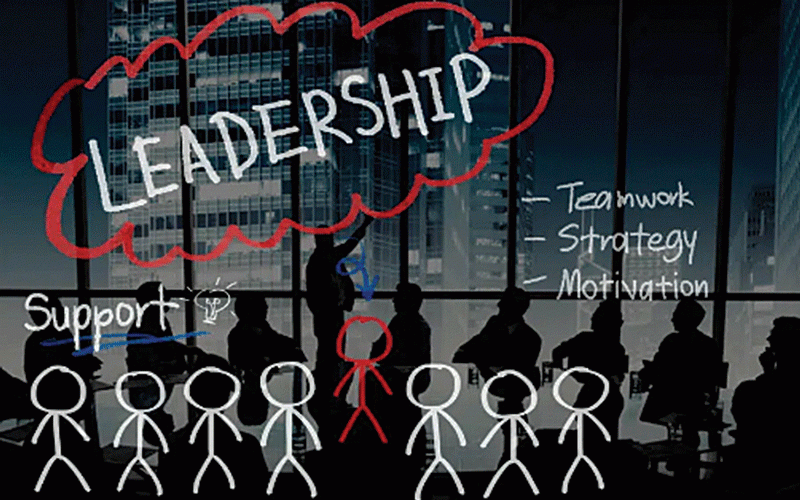
Interviews are generally classified based on the content or focus of their questions. This week’s instalment will focus on the different types of interviews and the types of questions that suit the respective interview types.
Situational interview
In this type of an interview, the candidate is asked about what his/her behaviour would be in a given situation which is related to the job in question. For example a management candidate could be asked about how he/she would respond to a situation in which one of his/her subordinate’s coming for work late for three days in a row. The interview could be both structured and situational whereby you use predetermined situational questions and answers are used.
In the example given above when using the structured situational interview, the candidate may be evaluated on his or her choice between letting the subordinate off with a warning versus suspending the subordinate.
Behavioural interview
Whereas the situational interviewasks interviewees to describe how they would react to a hypothetical situation today or tomorrow, the behavioural interview will ask the candidate how they reacted to actual situations in the past. The candidate needs to relate how they actually reacted to a given situation they encountered in their job.
Job-related interview
In this type on an interview, the interviewer tries to deduce what the applicant’s on-the-job performance will be based on his or her responses to questions about past behaviours. Such questions do not need to revolve around hypothetical situations scenarios. Instead, the interviewer asks job-related questions such as: Which courses did you like best at College? Here the interviewer will be trying to assess the candidate’s ability to handle some job-related issues of the job to be filled.
- Chamisa under fire over US$120K donation
- Mavhunga puts DeMbare into Chibuku quarterfinals
- Pension funds bet on Cabora Bassa oilfields
- Councils defy govt fire tender directive
Keep Reading
Stress interview
In a stress interview, the interviewer’s aim is to try and make the applicant uncomfortable with occasionally rude questions. The aim for doing so is to try and spot sensitive applicants and those with low or high stress tolerance. The interviewer may first probe for weaknesses in the applicant’s background, such as a job that the applicant left under unclear circumstances. The interviewer then zeros in on such weaknesses, with the intention of getting the candidate to lose his or her composure during the interview.
Thus, a candidate for the post of Human Resources Manager who highlights that he had quit four jobs in the past two years might be told that such frequent changing of jobs reflects irresponsible and immature behaviour. If the applicant responds with a reasonable explanation of why the job changes were necessary, the interviewer might then pursue another topic.
It has been realised that stress interviews help in unearthing hypersensitive applicants who might overreact to mild criticism with anger and abuse. However, the stress interview’s ethically unquestionable nature demands that the interviewer be both skilled in its use and sure the job really calls for a thick skin and an ability to handle stress. This is definitely not an approach for amateur interrogators or for those without skills to keep the interview under control.
Paul Nyausaru is a training & development practitioner. You can contact him on email [email protected],[email protected]. Views contained in this article are personal ones.











